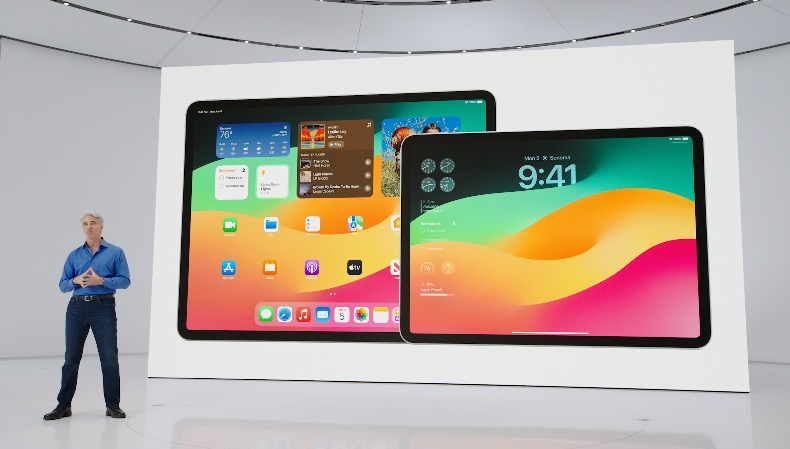
2020 iPhone Will Feature 5G Chips from Qualcomm and Samsung: Ming-Chi Kuo
With Apple and Qualcomm’s patent lawsuit now out of the way, the way forward to a 5G-enabled iPhone seems much more clear.

According to renowned Apple analyst Ming-Chi Kuo of TF Securities (via MacRumors), Apple will tap Qualcomm to help supply 5G modems for the 2020 iPhone. Apart from Qualcomm, Kuo believes that Apple will also source 5G modems from Samsung, allowing the Cupertino company to minimize a tremendous level of risk on its end in ensuring that it does not delay its 5G iPhone launch.
An excerpt from Kuo’s latest research note:
Apple and Qualcomm’s end of patent dispute and entrance into a six-year licensing deal implies new 2H20 iPhone models will support 5G; Qualcomm and Samsung are potential 5G baseband chip suppliers: The market was worried that Intel’s disappointing 5G baseband chip development might be the most severe uncertainty for the new 2H20 iPhone models’ adoption of 5G. But we believe the uncertainty has been removed after Apple and Qualcomm’s end of patent dispute and entrance into a six-year licensing deal, and Intel’s announcement that it will exit the 5G baseband chip business. We expect Apple will likely adopt 5G baseband chips made by Qualcomm (focus on mmWave markets) and Samsung (focus on Sub-6GHz markets) for lowering supply risk, reducing costs and having better bargaining power.
Kuo believes that the addition of a 5G modem will increase iPhones sales between 188 million and 192 million in 2019 to 195 million to 200 million by 2020. Between 70 million and 75 million of those sales in 2020 are predicted in the second half of the year, following the release of the 5G iPhone.
A 5G-equipped iPhone with a faster and more reliable cellular internet connection could give consumers a reason to upgrade from older models as iPhone sales growth stalls.
Apple typically releases new iPhone models in September, so the 5G iPhone would not be released until at least September 2020. The iPhones released this September will support current-generation LTE networks instead.

